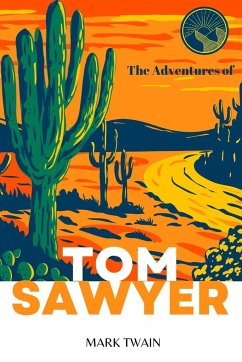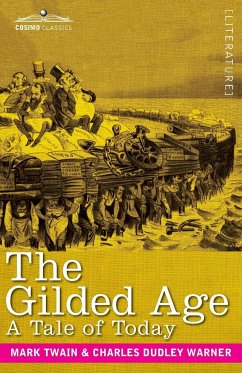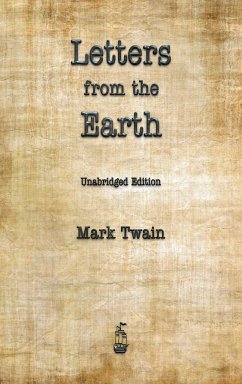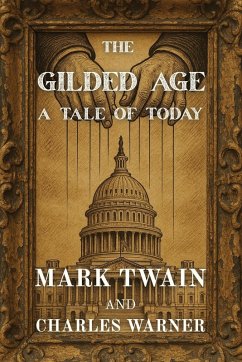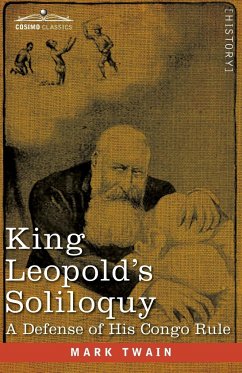
The Adventures of Huckleberry Finn
Versandkostenfrei!
Versandfertig in 1-2 Wochen
15,99 €
inkl. MwSt.

PAYBACK Punkte
8 °P sammeln!
Perennially listed among the classics of American literature, Mark Twain's The Adventures of Huckleberry Finn is a popular self narrated story of a teenage boy. The son of a cruel town drunkard, Huck Finn vividly describes his friendship with Tom Sawyer, his resolve to run away from his abusive father, and his decision to join a runaway slave named Jim in a search for freedom. Jim and Huck's days and nights on a raft floating down the Mississippi River form one of the most evocative stories of interracial bonding ever written, and the bizarre characters they encounter in their journey are memo...
Perennially listed among the classics of American literature, Mark Twain's The Adventures of Huckleberry Finn is a popular self narrated story of a teenage boy. The son of a cruel town drunkard, Huck Finn vividly describes his friendship with Tom Sawyer, his resolve to run away from his abusive father, and his decision to join a runaway slave named Jim in a search for freedom. Jim and Huck's days and nights on a raft floating down the Mississippi River form one of the most evocative stories of interracial bonding ever written, and the bizarre characters they encounter in their journey are memorably sketched. Though comical in places, ultimately the book warns about the price of immoral social conformity.





